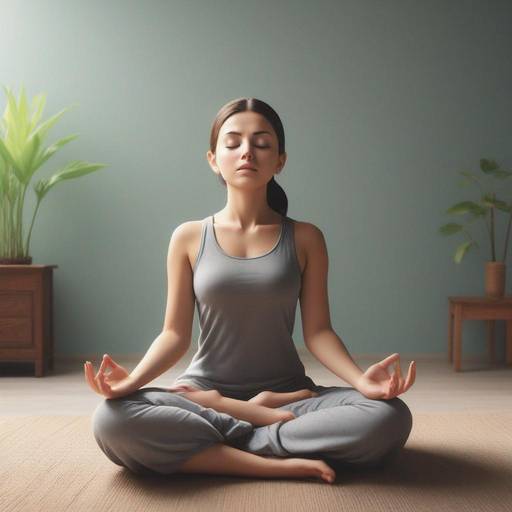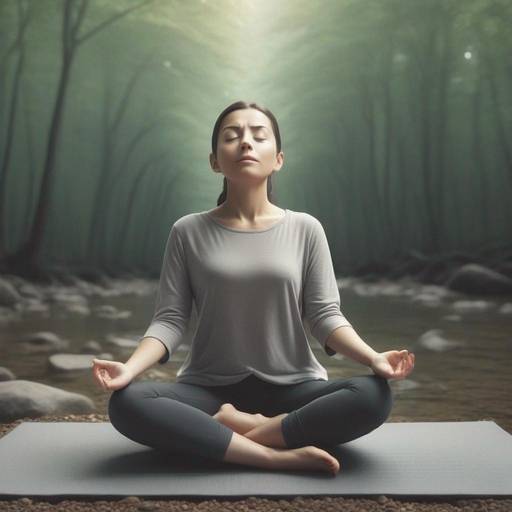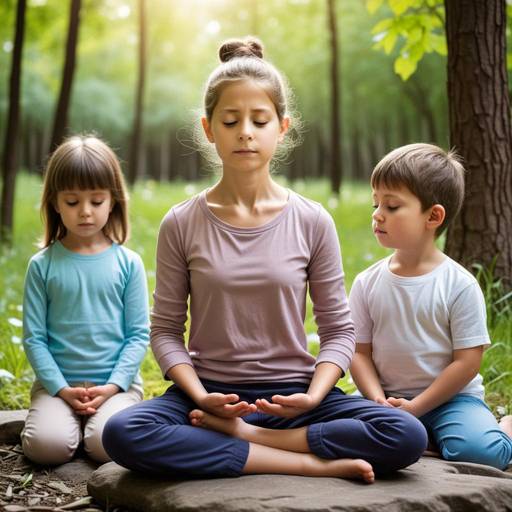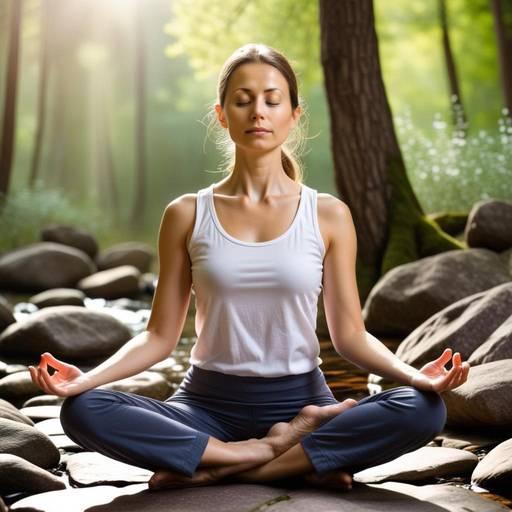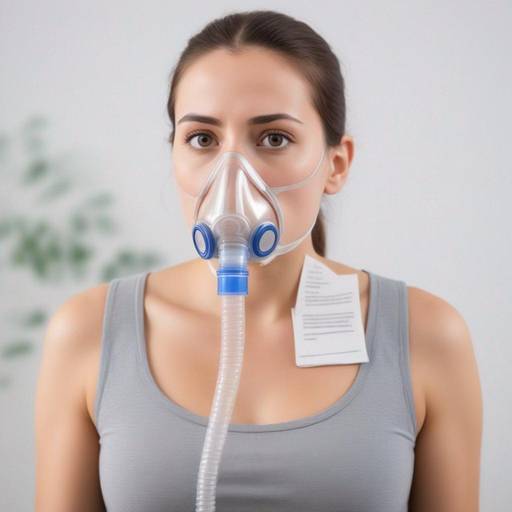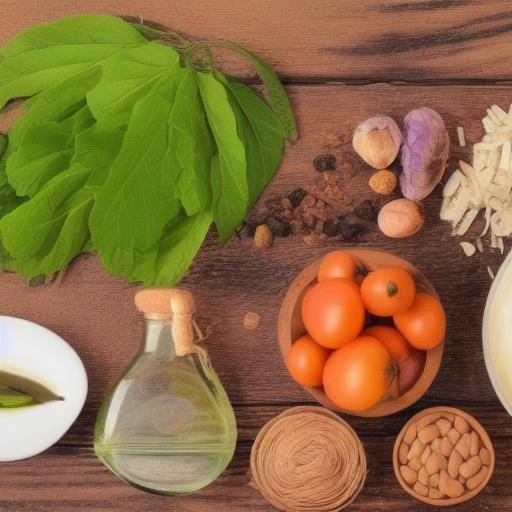
aromatherapy is a therapeutic discipline that uses essential oils to promote relaxation, reduce stress and improve emotional well-being. This practice, which combines the fragrance of these oils with massage or inhalation techniques, has proven to be beneficial to the mental and emotional health of people. In this article, we will explore in detail the impact of aromatherapy on stress reduction, its history, benefits, practical applications, and future trends in this field.
History and background
The aromatherapy has its roots in ancient times, with evidence of its use in various millennial cultures such as Egyptian, Greek and Roman, where essential oils were used for therapeutic, religious and cosmetic purposes. Throughout history, the practice of aromatherapy has undergone multiple transformations, adopting knowledge of traditional Chinese medicine, Ayurvedic medicine from India, and healing practices from other cultures.
The modern resurgence of aromatherapy can be attributed to the work of René-Maurice Gattefossé and Jean Valnet, who investigated and used essential oils for medicinal purposes in the twentieth century. Since then, aromatherapy has gained global popularity as a complementary form of medicine, with scientific research that support its effectiveness in managing stress and anxiety.
In-depth analysis
Current research has revealed a wide range of benefits associated with aromatherapy in stress reduction and emotional well-being. Clinical studies have shown that certain essential oils, such as lavender and sandalwood, have relaxing properties that can decrease cortisol levels, stress hormone. Also, the inhalation of essential oils has shown positive effects in the regulation of mood, the reduction of tension and the improvement of sleep in individuals subjected to stressful situations.
Despite the many benefits associated with aromatherapy, it is important to note that its practical application requires consideration of individual and regulatory security factors. The selection of essential oils, their concentration and the direction of administration should be treated with caution, as certain compounds may cause adverse reactions in some people. It is crucial that aromatherapy be practiced by trained professionals, who can guarantee their safe and effective use.
Full review
The aromatherapy has spread to various areas of daily life, including personal care, alternative medicine, and emotional well-being. In spas and wellness centers, the incorporation of aromatherapy in relaxation treatments, such as massages and aromatherapy therapies, has proven to be highly effective inducing a state of calm and balance. In addition, aromatherapy has been integrated into working environments and at home, where the diffusion of essential oils is used to create relaxing environments and promote emotional concentration and well-being.
Comparative analysis
The connection between aromatherapy, relaxation and emotional well-being is undeniable. While relaxation is a state of calm and diminishing physical and mental tension, emotional well-being encompasses a general sense of balance and emotional satisfaction. The aromatherapy acts as a bridge between these two dimensions, facilitating relaxation both physically and psychologically, and contributing to the harmonization of emotions.
Practical advice and recommendations
To experience the benefits of aromatherapy in stress reduction, it is recommended to explore different application methods, such as direct inhalation, vaporization or the topical application of diluted essential oils. The choice of essential oils will depend on personal preferences and therapeutic goals. As a guide, some popular essential oils for relaxation include lavender, chamomile, incense and sandal.
Industry perspectives and expert opinions
Experts on aromatherapy, psychology and complementary medicine have consistently supported the role of aromatherapy in managing stress and emotional well-being. Its holistic approach and ability to promote relaxation on a physical and emotional level make it a valuable tool to improve the quality of life. In addition, aromatherapy has gained recognition in the conventional medical field, where it has been integrated into complementary treatments for patients facing mental and emotional health challenges.
Case studies and practical applications
Case studies have been developed highlighting the positive effects of aromatherapy in clinical, educational and commercial environments. For example, the introduction of aromatherapy in hospitals and palliative care centers has proven to reduce patient anxiety, improve sleep quality and contribute to a more relaxed environment for medical staff and visitors.
Future trends and predictions
Current trends suggest that aromatherapy will continue to evolve with customized approaches and technological developments to provide a more immersive well-being experience. Research is expected to continue exploring the effectiveness of aromatherapy in stress management and the promotion of emotional well-being, which will surely lead to the identification of new applications and innovative techniques.
Conclusion
In short, aromatherapy has proven to be a powerful tool for reducing stress and promoting emotional well-being. Its therapeutic benefits, its growing acceptance in clinical environments and its versatility make it an invaluable practice in seeking emotional balance and relaxation. By exploring and applying aromatherapy in a conscious and safe way, it is possible to cultivate an environment of tranquility and emotional well-being in everyday life.
Frequently asked questions
Is aromatherapy safe for all people?
aromatherapy can be safe for most people when used properly, but certain essential oils can cause adverse reactions in people with allergies or sensitivities. It is essential to consult with a health professional or a qualified aromatherapist before incorporating aromatherapy into the daily routine, especially in the case of pregnant women, young children or people with pre-existing medical conditions.
What are the most recommended essential oils to reduce stress?
Some of the most recommended essential oils to reduce stress include lavender, sandalwood, chamomile, incense, bergamot and mint. These essential oils have proven to have relaxing and soothing properties that can contribute to reducing anxiety and emotional tension.
How can I incorporate aromatherapy into my daily routine?
The aromatherapy can be incorporated into the daily routine through various forms, such as the diffusion of essential oils in the home, the addition of essential oils to the bathroom, the topical application during a massage or the direct inhalation of essential oils. Explore different application methods and find what works best for you is key to experiencing the benefits of aromatherapy.
Can aromatherapy replace medical treatment for anxiety or depression?
aromatherapy should not replace conventional medical treatment for anxiety or depression. However, you can complement stress management strategies and promote an environment of calm and well-being. It is crucial to consult with a health professional before incorporating aromatherapy as part of a holistic approach to emotional well-being.
What evidence supports the effectiveness of aromatherapy?
The effectiveness of aromatherapy is based on scientific research that has demonstrated its benefits in reducing stress, anxiety and improving mood. Clinical studies and systematic reviews have identified the relaxing properties of certain essential oils and their ability to influence the emotional and physiological response of the body.
Can aromatherapy be useful in working environments to reduce stress?
Yes, aromatherapy can be useful in working environments to reduce stress and foster a more relaxed working environment. The diffusion of essential oils in working spaces can contribute to the creation of a more peaceful and peaceful environment, which in turn can promote concentration, reduce tension and improve the emotional well-being of employees.
These frequent questions address common concerns related to aromatherapy, relaxation and emotional well-being, providing meaningful and practical information for readers interested in these issues.
In conclusion, aromatherapy has emerged as a valuable tool in managing stress and promoting emotional well-being, backed by history, current research and the backing of experts in various disciplines related to health and well-being. By understanding and taking advantage of the benefits of aromatherapy in an informed and conscious way, it is possible to improve the quality of life and cultivate a state of relaxation and emotional balance in everyday life.
As is evident, aromatherapy is not only an exciting and growing field, but also offers tangible results for those seeking to relieve stress and improve their emotional well-being.



